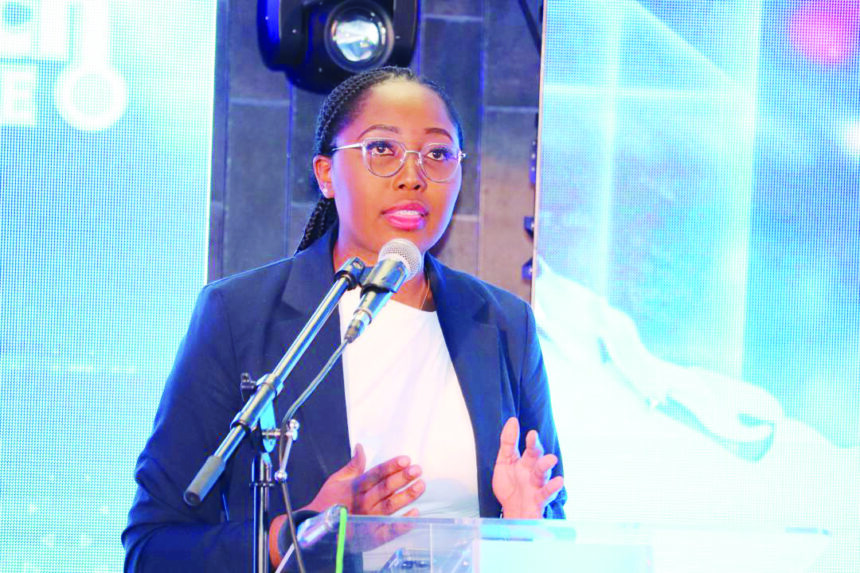The eighth Information and Communication Technology (ICT) summit is underway in Windhoek, with a strong focus on how Namibia can optimise on opportunities presented by the digital age.
The summit brings together industry experts, innovators and policy-makers.
Themed ‘Building Resilience to ‘Adapt or Die’ in the Era of Digital Transformation and Artificial Intelligence (AI)’, the summit aims to explore the best approaches on how the country can position itself firmly on the digital transformation path.
The summit is also expected to discuss emerging trends and challenges in the ICT sector both locally and globally as the country places itself on an ICT trajectory.
Officially opening the summit, ICT Minister Emma Theofelus underscored the importance of clear and tested policies that guide how the country could harness the full potential that is presented by digital technologies.
She said there is a need for various government agencies and structures to align their efforts in how they make use of ICT to reap the best results.
The minister said government structures currently continue to work in isolation, and have no concerted efforts in rolling out ICT plans for their various agencies and departments.
“I have noticed that we are working in silos where everyone has some form of policy on ICT, but such policies do not often speak to each other. We cannot continue to have a fragmented approach to policies and opportunities, as it will defeat the purpose,” she said.
She said the newly embarked upon national digital strategy is therefore vital in steering the country towards a more unified approach to matters relating to ICT.
The National Digital Strategy and its implementation action plan supports the country’s digital aspirations through a clear plan with specific objectives that include assessing digital readiness, crafting a digital vision, targeting high-impact areas, developing a concrete action plan, and boosting public awareness.
Highlighting the potential of AI in advancing technological development, Theofelus said there are however ethical considerations and protection of rights that need to be interrogated to make AI have the desired results.
“We are on the right path, and will not stop to make sure our citizens take advantage of technological development. We don’t want someone who is older than 15 years but cannot use a computer.
We cannot have a citizenry that is unable to do business online, get education and leverage on various opportunities provided by online opportunities,” she said.
ICT ministry’s executive director Audrin Mathe said Namibia should brace for more advancement in the world on digital technology.
He said the country is working on various strategies that could ease up the government workflow process.
“We are living in a time where the cell phone and other ICT devices are becoming even more important than a car, as owning such devices could open doors to a wider digital audience that allow for ease of access remotely,” he noted. The summit ends tomorrow. – Nampa



